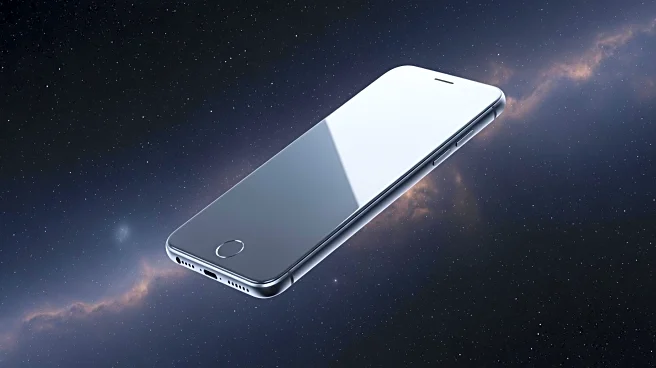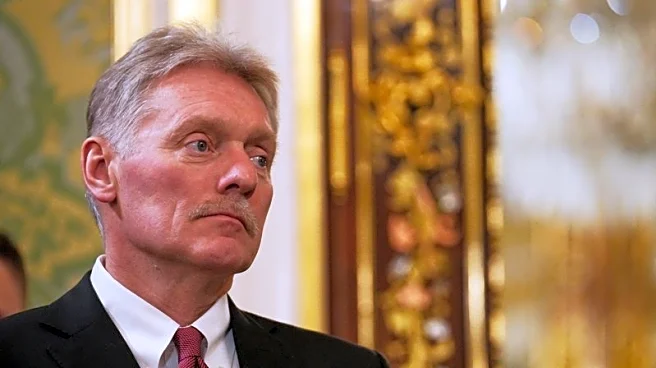What's Happening?
The creator economy is witnessing significant developments as brand marketers increasingly leverage influencer partnerships to enhance their reach. Baby formula brand Bobbie has teamed up with Cardi B,
marking a notable collaboration in the influencer marketing space. Additionally, Amelia Dimoldenberg has premiered a YouTube series sponsored by Formula 1, further highlighting the integration of influencers in diverse industries. The return of 'King Kylie' also underscores the ongoing influence of established personalities in shaping consumer trends. These initiatives reflect a broader strategy among brands to engage audiences through popular figures and platforms.
Why It's Important?
The growing trend of influencer partnerships is reshaping marketing strategies across various sectors. By collaborating with high-profile figures like Cardi B, brands like Bobbie can tap into vast fan bases, enhancing visibility and consumer engagement. The involvement of Formula 1 in sponsoring a YouTube series indicates a strategic move to attract younger audiences and diversify its appeal beyond traditional motorsport fans. This shift towards influencer-driven marketing is crucial for brands aiming to stay relevant in a rapidly evolving digital landscape, where consumer preferences are increasingly influenced by social media personalities.
What's Next?
As brands continue to explore influencer partnerships, we can expect more innovative collaborations that blend entertainment with marketing. The success of these initiatives may prompt other industries to adopt similar strategies, potentially leading to a more integrated approach to advertising. Stakeholders, including marketers and influencers, will likely focus on creating authentic content that resonates with audiences, ensuring sustained engagement and brand loyalty. The evolving dynamics of the creator economy will require brands to adapt quickly to changing trends and consumer expectations.
Beyond the Headlines
The rise of influencer marketing raises questions about the ethical implications of such partnerships, particularly concerning transparency and authenticity. As influencers wield significant power over consumer decisions, brands must navigate the fine line between genuine endorsements and commercial interests. This trend also highlights the cultural shift towards valuing personal connections and relatability in marketing, challenging traditional advertising models. Long-term, the integration of influencers in brand strategies could redefine the landscape of consumer engagement, emphasizing the importance of trust and credibility.










